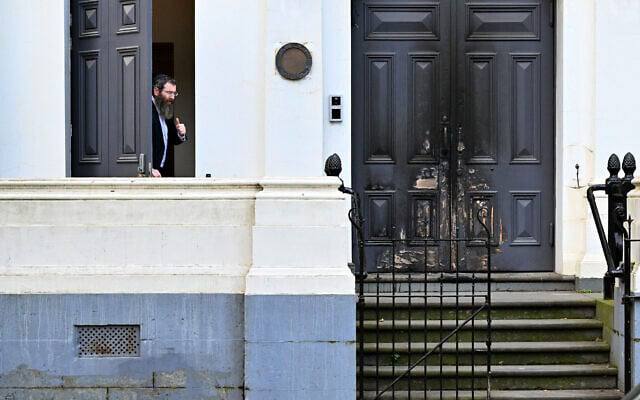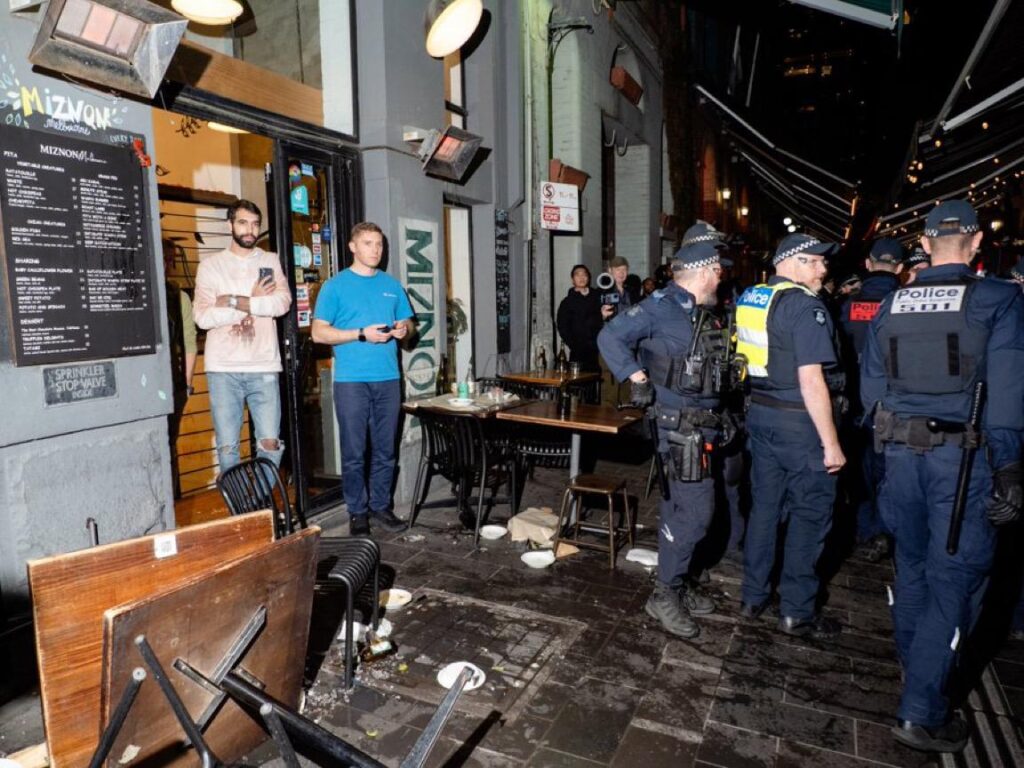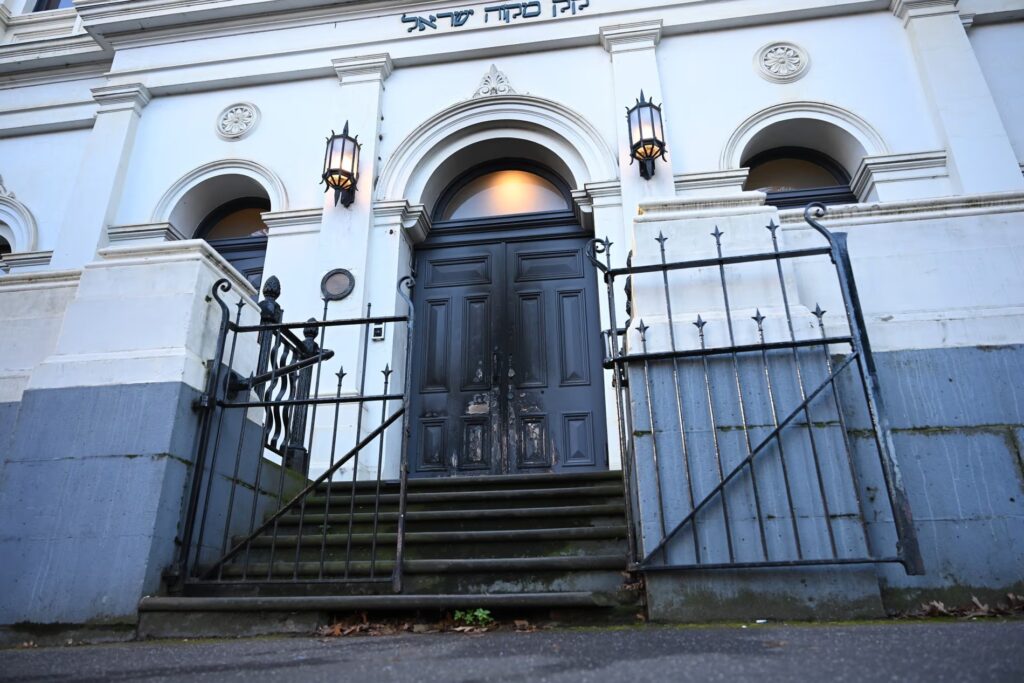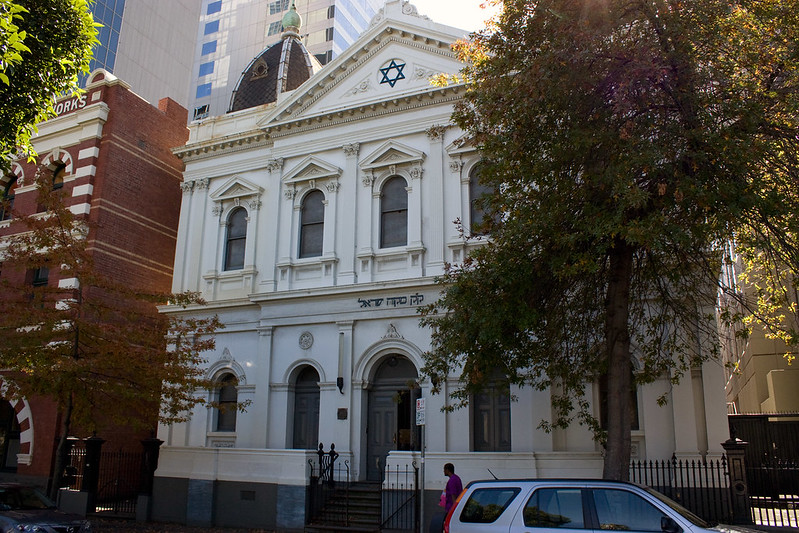UPDATES
Amnesty International’s Gaza electricity libel
December 4, 2013 | Ahron Shapiro
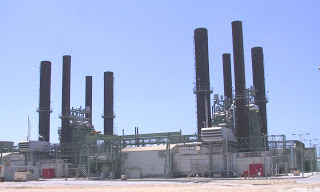
In a follow up to AIJAC’s senior policy analyst Sharyn Mittelman’s November 22 report on Gaza’s self-inflicted fuel shortage, we look at NGO Amnesty International’s press release on the situation from Sunday, a remarkable document so far removed from factual accuracy that it can best be described as a work of fiction.
Amnesty ignores the reports from Palestinian news sources and even the Hamas government itself – which make clear that the shortage stems from a dispute over the price the Palestinian Authority is setting to supply Gaza with diesel following Egypt’s crackdown on the smuggling of its heavily-subsidised fuel into Gaza.
Instead, Amnesty manufactured an imaginary version of the story in which Israel’s responsibility was exaggerated, while the real reasons for the problem were downplayed.
Amnesty’s press release’s distortions began with the first sentence:
Israel must immediately lift its blockade on the Gaza Strip, including by allowing the delivery of fuel and other essential supplies into the territory without restrictions, said Amnesty International today.
Except Israel has not interfered with the delivery of fuel to Gaza and is actually coming to Gaza’s aid. Furthermore, Israel does not block the delivery of “essential supplies” to Gaza. Thousands of trucks of materials enter Gaza through Israel each month, as well as electricity.
Hamas can import as much Israeli or other fuel as they want across the border. But they are refusing to pay market prices to do so.
According to the Coordinator of Government Activities in the Territories (COGAT), the Israeli department in charge of traffic through Israel’s border with Gaza, Israel has been providing 125 megawatts of electricity to Gaza per day. In just the last week of November alone, 1,001 trucks entered Gaza through Israel, carrying 22,840 tons of material, from food, to clothing, medicine, animal feed and other consumables.
Since the beginning of the year, Israel has facilitated the passage of 54,146 trucks of materials carrying 1,418,935 tons of freight. In addition, Israel provides Gaza with 5 million cubic metres of water a year.
It’s true that Gaza is currently undergoing a fuel shortage, but even Hamas officials in Gaza are clear that the actors in this particular dispute are Hamas, the Palestinian Authority and Egypt – not Israel.
Some context: For years, Hamas used to illegally smuggle its fuel in from Egypt which subsidises fuels as a welfare measure to its own citizens. It would use some for power generation and tax the fuel it sold to ordinary Gazans, pocketing a hefty profit in the process.
However, in the aftermath of the overthrow of former President Mohammed Morsi and facing its own ongoing financial crisis and fuel shortages, Egypt shut down the pipelines through the tunnels between the Sinal and Gaza months ago and continues to crack down on smuggling.
(It’s worth noting that the fuel smuggling phenomenon is not unique to Gaza – unscrupulous Jordanians have also been smuggling in Egyptian fuel, and Egypt is cracking down on this as well.)
According to Moussa Abu Marzouk, deputy head of Hamas’s political bureau, the Palestinian Authority refused to sell Hamas fuel at a cheap enough price. Facing growing discontent in the streets, Hamas has now been looking to outside parties, like Qatar, Turkey and UNRWA, to subsidise Gaza’s fuel needs.
Again, even according to Hamas’ version of events, this crisis is not Israel’s doing. On the contrary, they admit that Israel is actually trying to help, by raising the energy supply it provides to Gaza, which incidentally Gaza receives essentially cost-free. (As of 2012, it was estimated that 4.5 percent of Israel’s electricity production goes to Gaza. For more on this issue, see below).
Amnesty International covers itself with a cursory mention of the real cause of the problems at the end of their press release, and in a separate section entitled “Background” – itself a historically biased and revisionist account of the context for the shortage.
Amnesty wrote:
A main factor triggering the shutdown was the Egyptian military’s campaign to destroy tunnels between Gaza and Sinai – more than 90 per cent have been removed since June 2013.
Since early 2011, the power plant was partially run on Egyptian diesel brought in through some of those tunnels – the amount dropped from about 1 million litres per day in June 2013 to around 20,000 litres per week in November.
What’s remarkable here is how Amnesty’s press release, which never misses an opportunity to viciously attack Israel for perceived wrongs, uses innocent, non-judgemental language to describe Hamas’ fuel smuggling racket, which has been stealing money out of the Egyptian budget for years. Where is Amnesty’s compassion for Egyptians who have been suffering from fuel shortages as a result of smuggling to Gaza?
Only near the very end of the press release does Amnesty acknowledge the true reason for the current shortage, but downplays its significance.
Amnesty wrote:
Continuing disputes between the Hamas de facto administration in the Gaza Strip and the Palestinian Authority over payment and taxes are also a factor in the current crisis. Both authorities must co-operate so that the power plant again receives a steady supply of fuel and can resume operations.
The current press release is, sadly, only the most recent example of bias against Israel by Amnesty International. As AIJAC’s Or Avi-Guy blogged last year, Amnesty has often hired activists whose work experience was with extremist pro-Palestinian NGOs to write reports on the Israel-Palestinian conflict, sometimes uncredited, and never mentioning the biased sources for their material.
Meanwhile, it is not only Gaza which expects to get free or heavily subsidised fuel and electricity.
According to an article in the Israeli business newspaper Globes from November 28, Palestinian reluctance to pay fully for their electricity drawn from Israel has been a perennial problem, both in the West Bank and Gaza. Israel used to be able to partially reimburse the Israel Electric Corporation (IEC) for such arrears out of Palestinian Authority VAT revenues, but stopped doing so as a result of US pressure. As a result, the Palestinian debt to the IEC has now exceeded NIS 1 billion (A$ 312 million).
One crucial fact missing from, not only Amnesty’s press release but most media reports on the Gaza fuel shortage, is that the Palestinians actually possess sufficient natural resources to do away with energy imports and end reliance on Israeli power altogether.
As Globes‘ Amiram Barkat wrote:
This raises the questions why the Palestinians do not generate their own electricity or built even one large power station, despite receiving the greatest amount of foreign aid in the world on a per capita basis. The questions are good ones, especially given the presence of one small, oil-burning polluting power station in Gaza, which could be operated by natural gas. The Palestinians do not lack for gas: BG Group plc discovered gas at the offshore Marine Gaza license in 1999. This field could meet the Palestinian’s full electricity generating needs for almost 20 years.
For its part, Israel has made it clear that they are ready in principle to allow the Palestinians to tap their offshore gas reserves and become energy-independent within 3-4 years.
In Barkat’s view, the Palestinian side is “largely responsible” for the lack of gas development, for a variety of reasons – including political ones and the fact that it is more convenient for the Palestinian Authority simply to take Israel’s electricity without paying for it – although prospects for a deal for development in recent months are said to appear more promising than in the past. The split between the Palestinian Authority in the West Bank and Hamas-controlled Gaza continues to sow doubt over deal’s viability, however.
Ahron Shapiro
Tags: Israel


